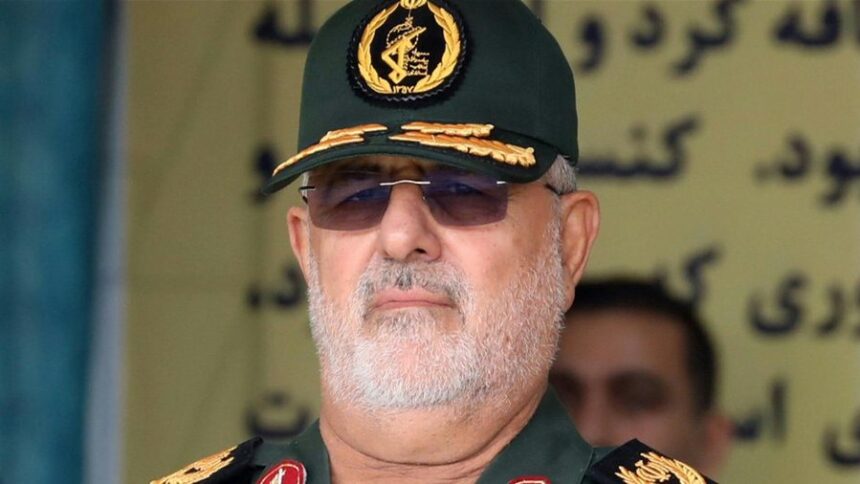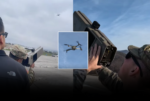The newly appointed Commander of Iran’s Revolutionary Guard Corps (IRGC), Mohammad Pakpour, has issued a stark warning, threatening severe retaliation for the recent Israeli attacks that killed his predecessor, Hossein Salami.
“In revenge for the blood of our killed commanders, scientists, and citizens, the gates of hell will soon open for this child-killing regime,” Pakpour declared in a statement broadcast by Iran’s state news agency, IRNA.
Who is Mohammad Pakpour?
Born in 1961 in Arak, central Iran, General Mohammad Pakpour holds a master’s degree in geography from the University of Tehran and a doctorate in political geography from Tarbiat Modares University. Foreign media reports indicate he specialized in managing Iran’s volatile border regions and developing asymmetric warfare doctrine.
Early Career and War Experience: Pakpour joined the Revolutionary Guard (IRGC) and the Quds Force immediately after the Islamic Revolution in 1979. He was quickly deployed to fight against armed groups in Iran’s Kurdistan province. During the 1980 Iran-Iraq War, Pakpour commanded several front-line divisions, including the elite 8th Najaf Ashraf Division and the 31st Ashura Division. Despite being wounded in combat, he earned a reputation as a steadfast and pragmatic commander fiercely loyal to the ideological foundations of the Islamic Republic.
Rise in Military Hierarchy: Following the war, he assumed strategic roles within the IRGC. In 2009, he was appointed commander of the Revolutionary Guard’s ground forces, where he spearheaded the modernization and restructuring of Iran’s military strategy in the face of increasing foreign threats. He has been particularly distinguished in counter-terrorism operations, having ordered the deployment of elite Saberin units during ISIS attacks on the Iranian parliament in 2017.
International Relations and Significance: The European Union sanctioned him in 2021, along with many other IRGC commanders, for what Iranian media describe as baseless accusations. Analysts believe that Pakpour’s appointment, known for his operational discipline and regional experience, represents a decisive step in strengthening Iran’s resistance. His leadership is expected to shape Iran’s response to the latest Israeli aggression.







